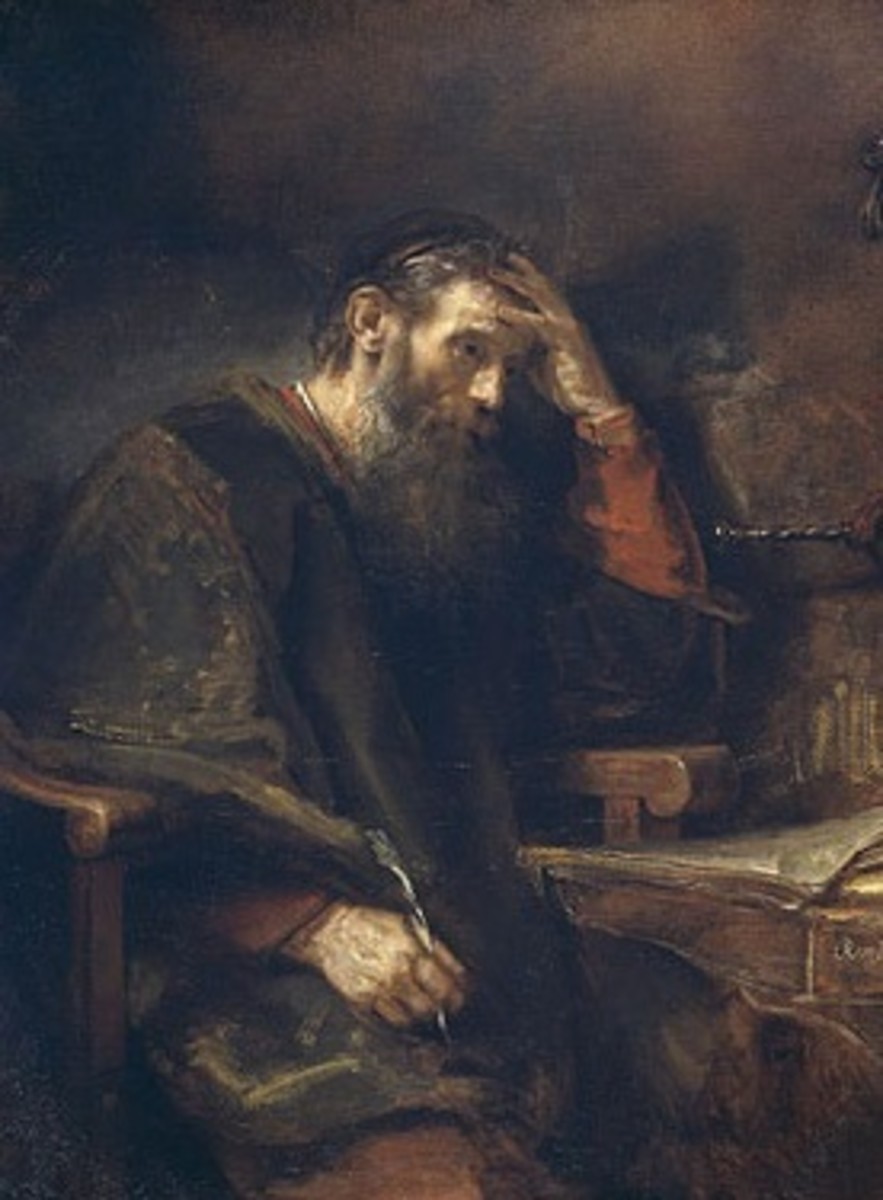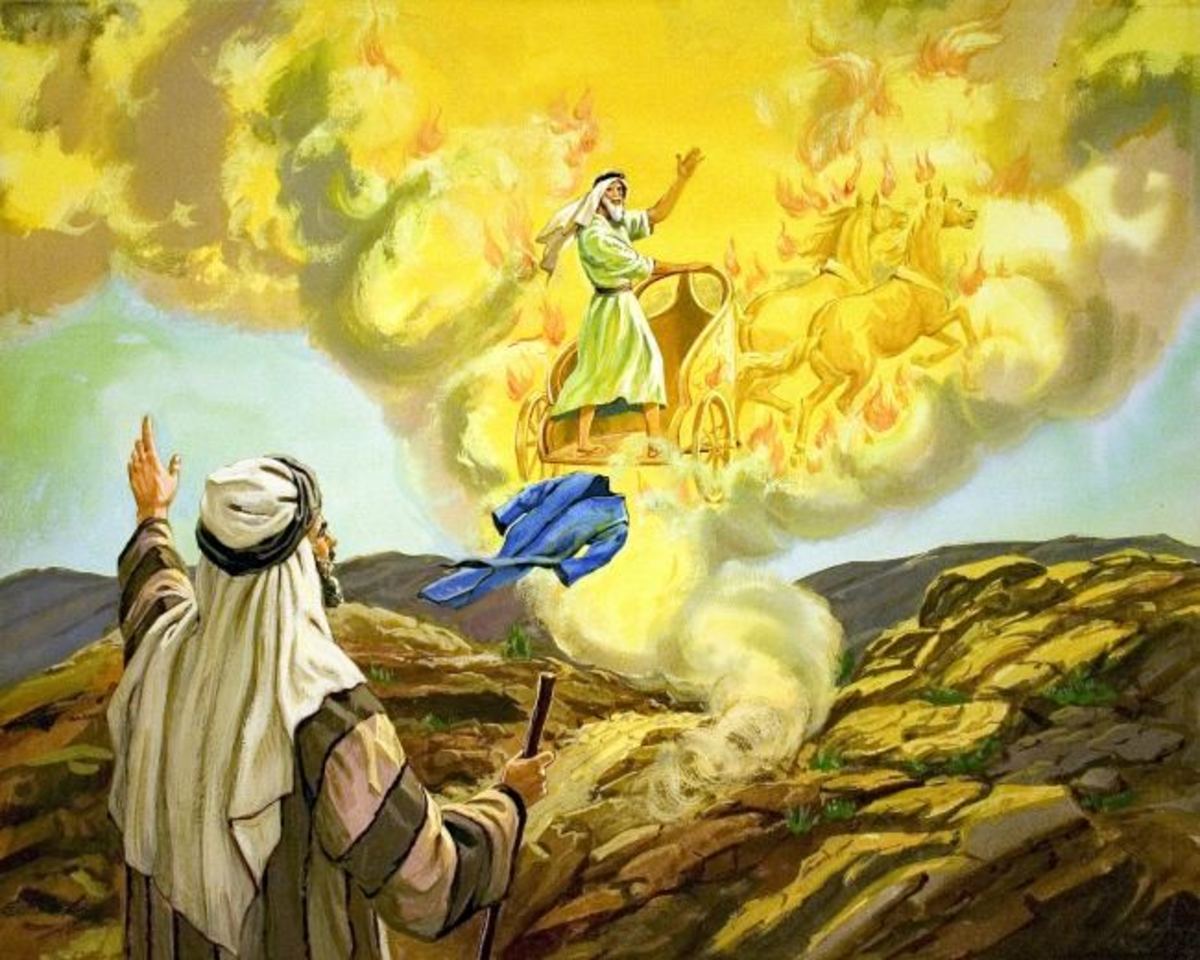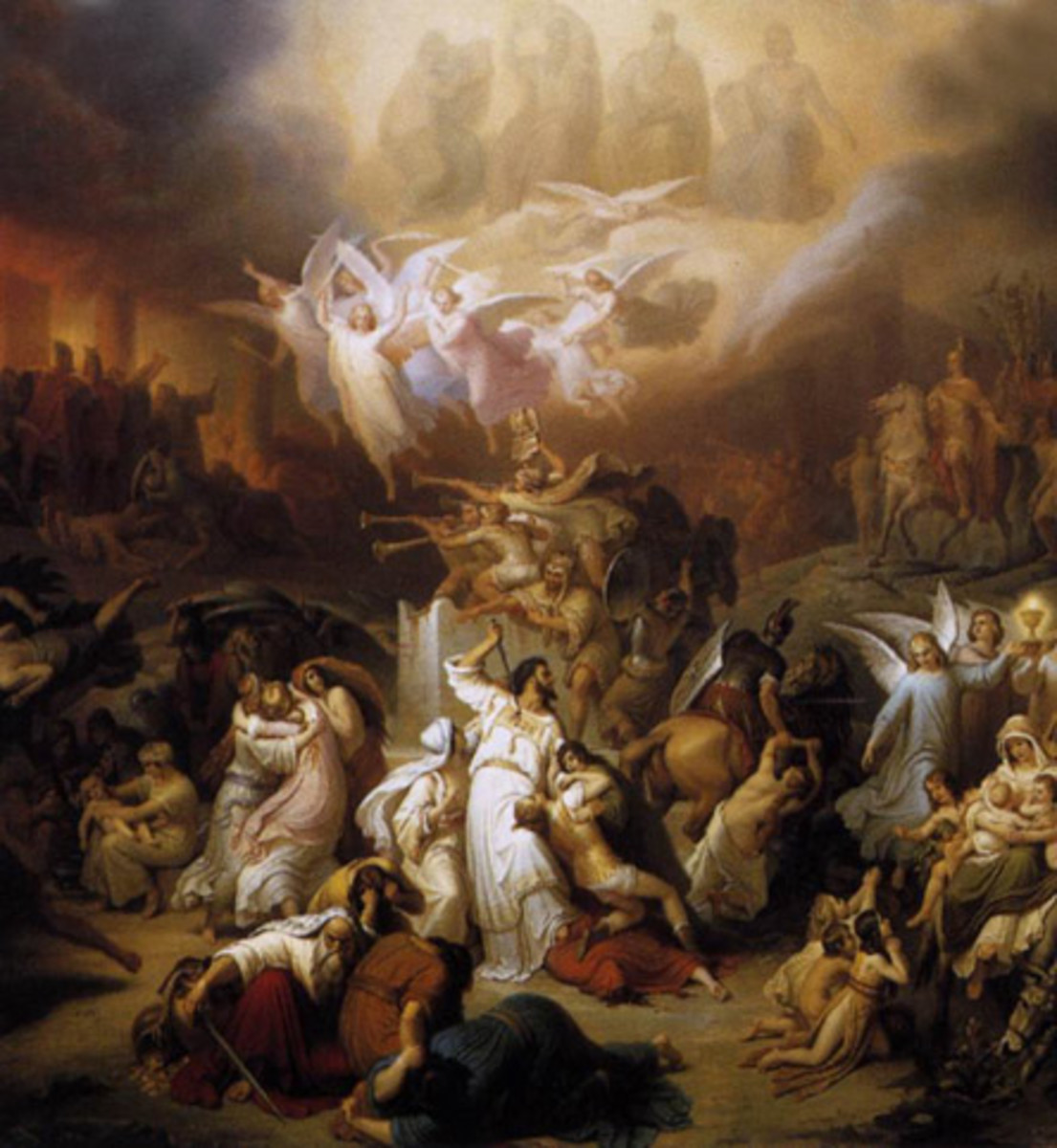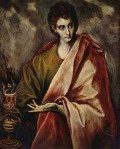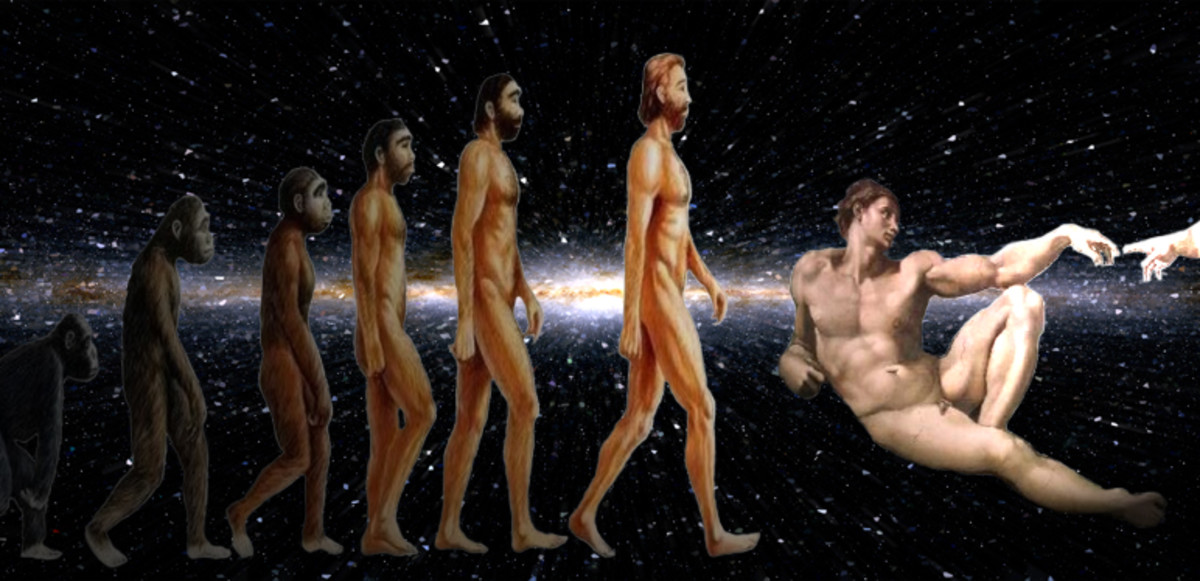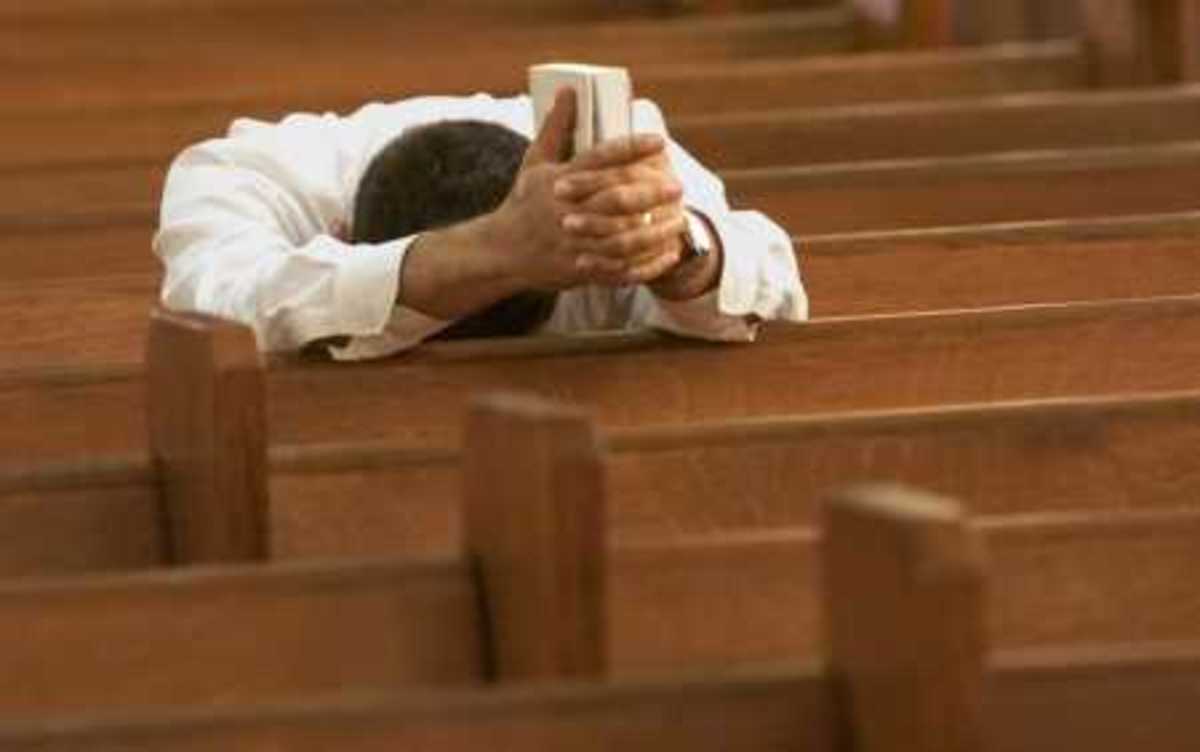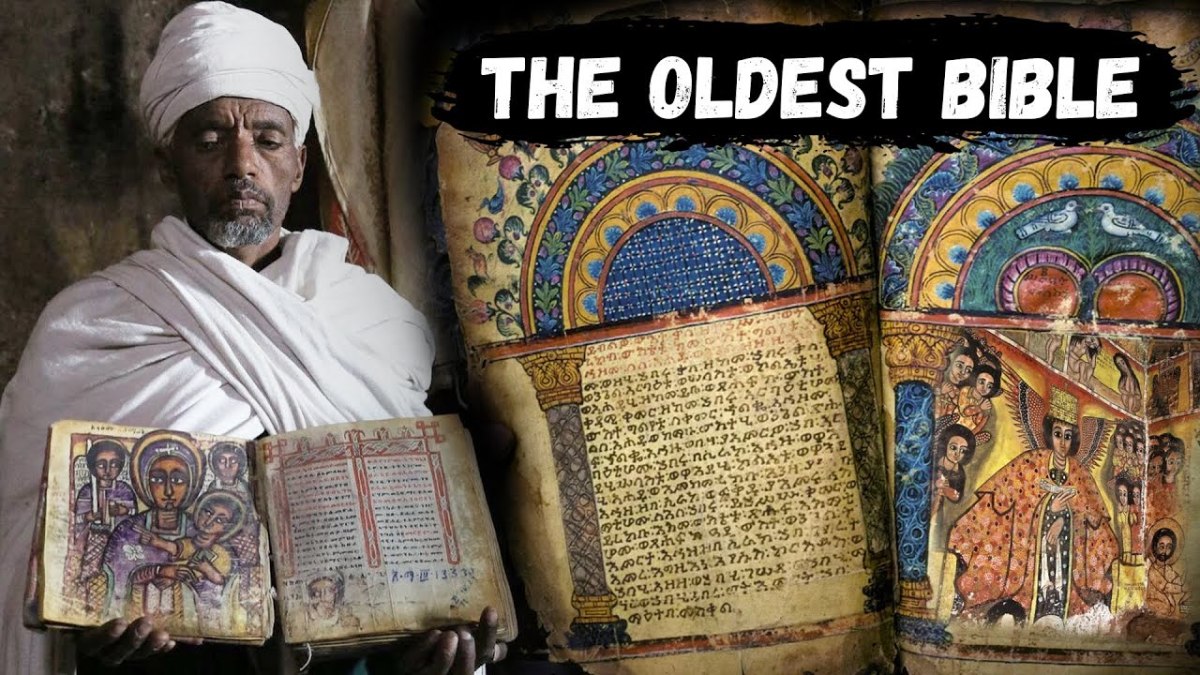#39 Why does Jesus seem reluctant to heal the official's son in John 4:43 - 54?

43 After the two days he left for Galilee. 44 (Now Jesus himself had pointed out that a prophet has no honor in his own country.) 45 When he arrived in Galilee, the Galileans welcomed him. They had seen all that he had done in Jerusalem at the Passover Festival, for they also had been there.
46 Once more he visited Cana in Galilee, where he had turned the water into wine. And there was a certain royal official whose son lay sick at Capernaum. 47 When this man heard that Jesus had arrived in Galilee from Judea, he went to him and begged him to come and heal his son, who was close to death.
48 “Unless you people see signs and wonders,” Jesus told him, “you will never believe.”
49 The royal official said, “Sir, come down before my child dies.”
50 “Go,” Jesus replied, “your son will live.”
The man took Jesus at his word and departed. 51 While he was still on the way, his servants met him with the news that his boy was living. 52 When he inquired as to the time when his son got better, they said to him, “Yesterday, at one in the afternoon, the fever left him.”
53 Then the father realized that this was the exact time at which Jesus had said to him, “Your son will live.” So he and his whole household believed.
54 This was the second sign Jesus performed after coming from Judea to Galilee.
When I read the story of Jesus healing the official’s son in John 4, I was struck by the seemingly harsh words that Jesus says to the official when he asks for his son to be healed. It seems as if Jesus doesn’t really care, and yet he heals him anyway. But as I look closer at the story and see why Jesus was welcomed in Galilee, a scenario begins to unfold. Here is my idea of what happened, told through the eyes of an old man who was there. It makes me think of my own motives for following Jesus. Why do I pray for the things I pray for? Do I need Jesus to give me what I want to believe in him? Am I jealous of what I see him doing in other people’s lives? And most of all, do I trust Jesus to do what he says he will? As you read my story, I hope that you will reflect on those same questions and ask God what he wants you to learn from the people of Galilee and the royal official who begged him to save his son.
Enjoy.
They say a prophet has no honor in his own country. The teacher said it, I know it is true.
I was there when Jesus came home. The power of God walked among us, and all we wanted was a magic show. You see, Jesus was one of us; we had known him since he was a child. His family was a part of our community. Everyone knew Mary and Joseph. We celebrated the births of their children and we all mourned the loss of Joseph. Now here was their oldest son, back from Jerusalem, our own hometown hero, famous throughout the land, the one everyone was talking about.
We had seen him at the Passover and were amazed at his miracles. Some of us were there when he cleared the temple and declared that he could rebuild it in three days. He stood up to the religious leaders, and we were proud of him. Well, some of us were proud of him anyway. Our own religious leaders weren’t too happy. Everything about Jesus offended them. There were others too, who thought he was a show off, a troublemaker trying to be better than everybody. They had plenty to say while he was gone, but now that he was home, they welcomed him with the rest of us. We were all eager to have him back where he belonged.
It was exciting to have someone raised right here in Galilee become so well known. Here was the man who had done miracles. Surely what Jesus had done in Jerusalem for strangers was nothing compared to what he would do for us, his own people. Each one secretly hoped they would be chosen for a miracle, picked out of the crowd and blessed. All of us had problems they wished would go away. We believed Jesus could make our lives better, fix all our issues, and give us a happy ever after. Oh the prestige it would give us to be worthy of a miracle. We would be instantly popular. Everyone would want to hear our story. So we followed him around, listened to his teaching and waited on pins and needles for the show to begin.
Now, looking back, I imagine what it must have been like for Jesus. He had just been to Samaria, where one changed life was enough for the whole town to believe in him. There he was able to tell them he was the Messiah and they welcomed him with open arms. They listened to his words and believed. But he comes home and no one really cares who he is. They already know him as Joseph’s son, the carpenter. They didn’t think about what the miracles meant, how they proved who he really was, they just wanted to see them happen. Jesus was the most exciting thing to come into their lives. He was the biggest thing to ever happen to our world and we all wanted to be a part of it. Then there were the religious leaders, hovering around in the back of the crowd, waiting for him to mess up and give them an opportunity to criticize him. They already hated him for his popularity. He was beginning to be a possible threat to their power and they didn’t like it. I can understand why he didn’t do anything for us.
There was one miracle. It wasn’t what we were looking for, but I think that made it all the more amazing. Jesus was in Cana. The usual crowd was with him, watching and waiting for him to do something spectacular. Suddenly the crowd parted to let through a royal official. The man was not one of us, but we could tell he was important. We all held our breath as he got down on his knees and begged Jesus to heal his son who was sick in Capernaum. Everyone got quiet, were we finally going to see something worth talking about? What would Jesus say? Would he make the son appear before us and heal him or would we all go to Capernaum? You could feel the anticipation in the air, but Jesus’ words deflated us all. They may have been directed at the official before him, but we all knew he was talking to us. “Unless you people see miraculous signs and wonders,” Jesus told him, “you will never believe.” What did that mean? Would he do the miracle so we would believe or did he intend to do nothing and let the boy die? The father didn’t want that to happen. “Sir, come down before my child dies.” There was almost a sense of disappointment when Jesus told him “You may go, your son will live.” Was that it? We really wanted to see a miracle for ourselves. Of course the man wasn’t disappointed. He left and when he heard his son had been healed at the very moment Jesus said he would live, he and his whole household understood who Jesus was and believed in him.
As I look back, I’m ashamed to admit that I was just like the rest of them. I didn’t care about who Jesus was; I was only concerned about what He could do for me. I think a lot of people came to Jesus that way. Then they were disillusioned when they didn’t get what they wanted. But Jesus wasn’t a magician sent to entertain us and fix all of our ailments. And he wasn’t like your Santa Clause, sent to fulfill all your wishes if you have been good enough. His purpose wasn’t to take away all our problems. It wasn’t until I put my selfish motives aside and saw myself as the sinner I really was, that I recognized that Jesus was truly God. When he later died on the cross, so that my sins could be forgiven, it made all my selfish desires seem petty and unimportant. Once he rose from the dead and I realized the truth of who he was and what he had done for me, I spent the rest of my life living for what I could do for him instead of wondering what he was going to do for me. What a difference it made in my life!
Please continue on to chapter 5 and read an insiders view of the healing at the pool of Bethsaida

